
The Magnificat is a song of divine disruption, the song of God’s revolution.
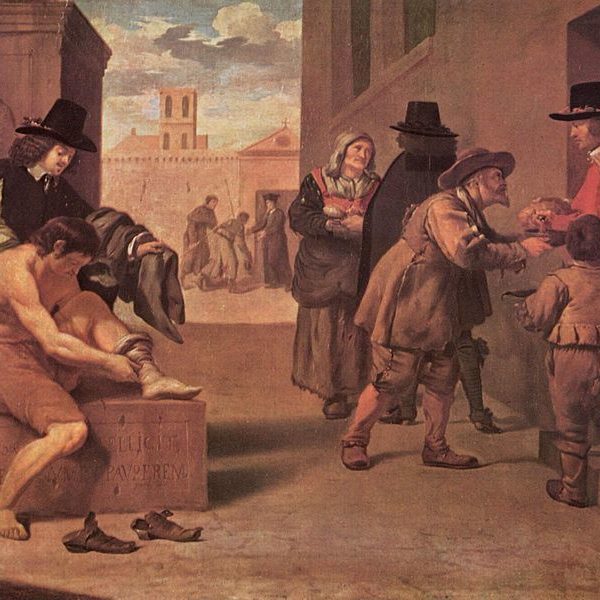
While often read merely as an account of judgment, heaven, and hell, the Parable of the Sheep and the Goats reveals a love that overcomes dualism.
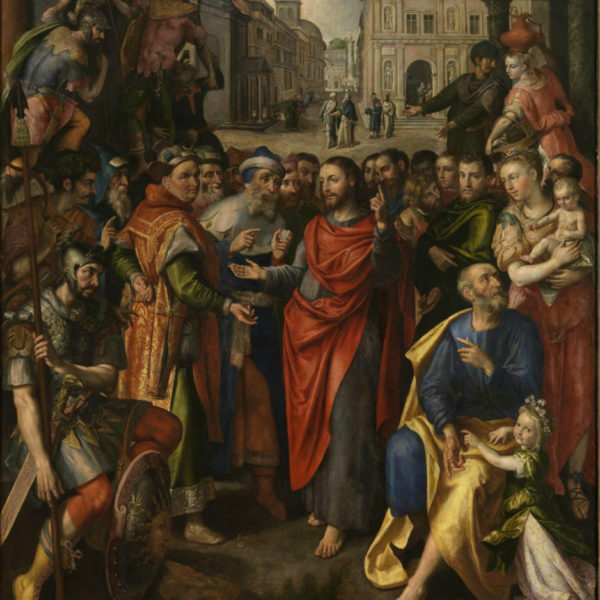
Jesus’ trick answer to the Pharisees concerning the paying of taxes to Caesar speaks to the Christian’s appropriate posture to American Civil Religion, which has been provoked into a fuller revelation of itself by Colin Kaepernick’s protest.
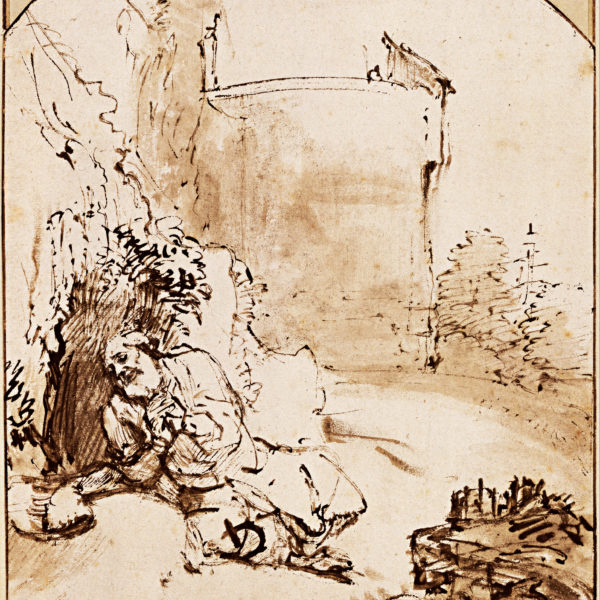
The prophet Jonah receives a lesson about the richness of God’s grace and our duty to welcome it, not only in our own lives, but also in the lives of our enemies.
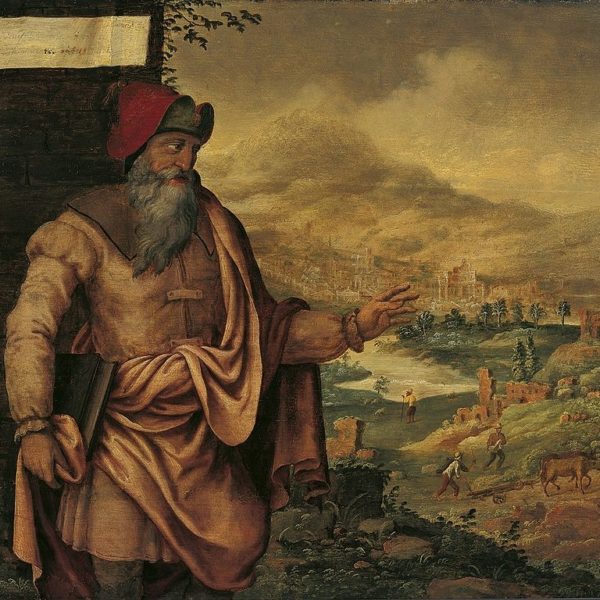
No matter how established we may think we are in this life, we are always on the way to another. To steady our step and to guide our path, we need to practice hope.
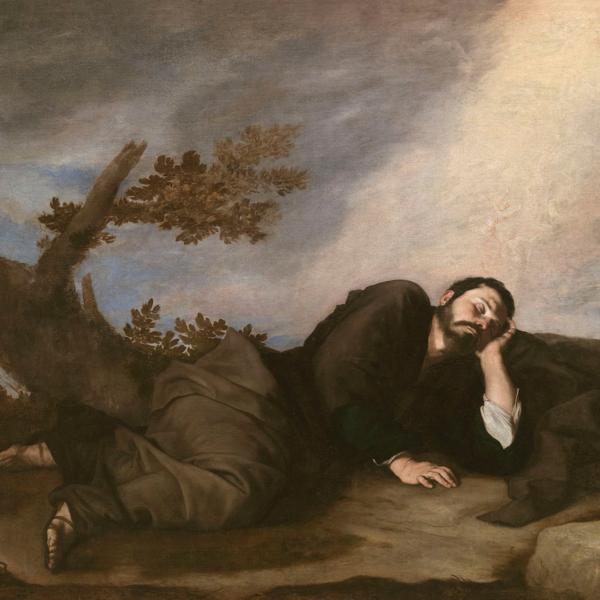
All of humanity comes from the Source and all our journeys will lead us back to the Source. The story of Jacob’s Ladder reminds that God is not far away but right here in the ordinariness of our everyday struggles, the answer to our desire for oneness.
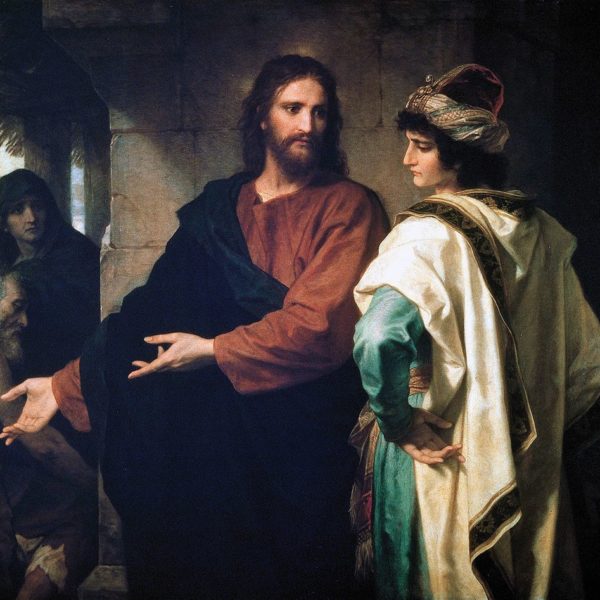
In his challenge to the rich young ruler, Jesus also challenges conservative family values politics, offering us an alternative vision of relations in the kingdom of God.
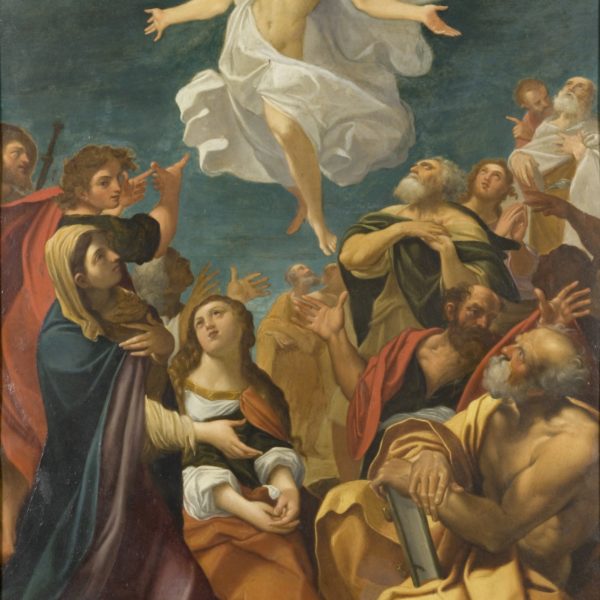
The story of the Ascension in Acts alerts us to the task of faithfully waiting and witnessing.
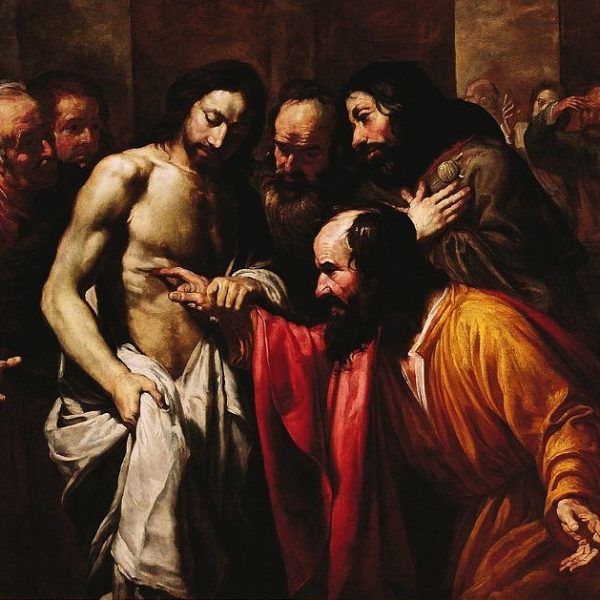
Real faith knows and embraces doubt and questioning. Rather than locking ourselves in, as the disciples first did, we should learn from the curiosity of Thomas. The opposite of faith is not doubt but fear, and it is time to shed our fears.
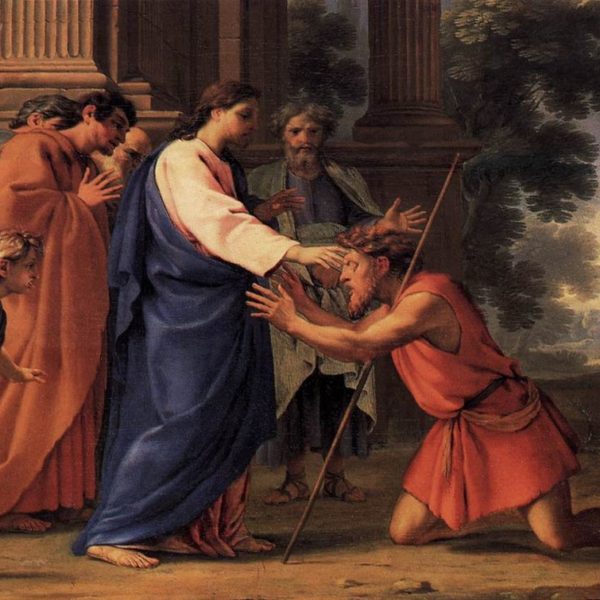
In the healing of the blind man in John 9 and the response of the religious leaders and teachers that follows, the power of scapegoating is revealed, as is the assurance that Jesus will overcome it.
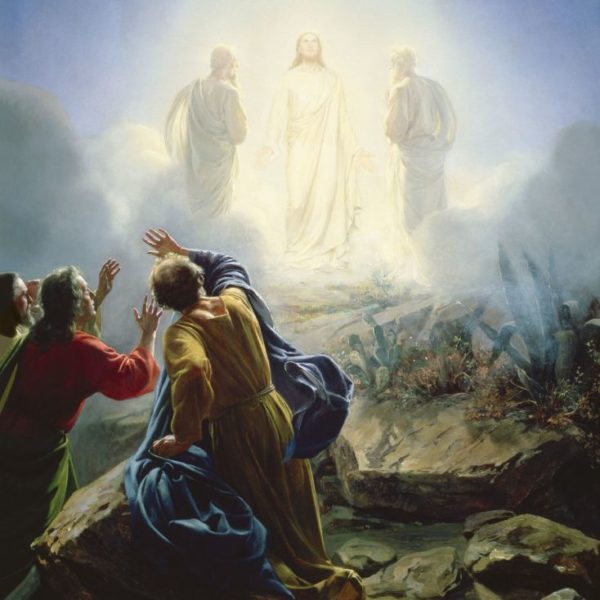
There is such a thing as a ‘near-life experience,’ a transforming encounter with the light of life. The Transfiguration describes a remarkable encounter of such a kind, an encounter that may find pale reflections in our own lives, much needed at the current time.

The call of Jesus to his disciples required a surrender of all they had previously understood their identities to be.